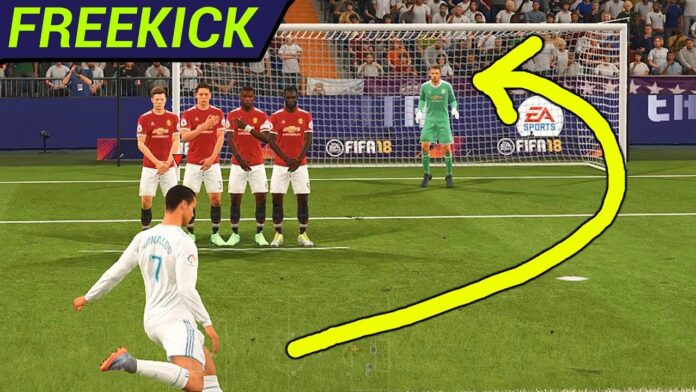What Is a Free Kick in Soccer? And When They’re Given
Understanding what a free kick in soccer is and when you might be awarded one will help you enjoy the game more. Free kicks are awarded whenever one team crosses the goal line. Referees award both direct and indirect free kicks to opposing teams. You may also want to learn about substitutions and where a free kick can be taken. This article will answer some of your questions.
Direct free kicks are awarded by referees
Referees award free kicks directly to the attacking team when a foul has been committed. The defending team must be at least 10 yards away from the ball when a direct free kick is awarded. Typically, a player will take a free-kick with maximum force, curling the ball around the keeper or wall. However, some players may also kick with minimal spin, making the ball behave unpredictably in the air. The goalkeeper of the opposing team must be ten yards away from the player taking the kick.
The main referee signals a direct free kick. It doesn’t necessarily have to be taken by the player who was fouled. Rather, the offensive team should know the accuracy of each player and the strength of their leg to decide how to take the free-kick. A direct free kick will be the first opportunity for the offensive team to score if the ball has been knocked down by a defender.
Indirect free kicks are only permitted to be taken within the penalty area
A direct free kick is a direct shot. It is taken from where a foul took place. Usually, the ball must be stationary and the kicker must not touch it again until it touches a teammate. An indirect free kick is only permitted if the ball touches a teammate before the kick. The referee signals a free kick by raising his arm and holding it until the kick has been made and the ball has contacted a teammate.
An indirect free kick can only be taken if the opponent is less than 9.15 m (10 yds) away from the ball when the ball is played. If the opponent deliberately prevents a free-kick, they are subject to caution. The attacking team player must be less than one meter away from the ‘wall’ formed by three or more players on the defending team.
Free kicks are retaken if an opponent is closer to the ball than the required distance
A free-kick is retaken if an opponent is within the required distance of the kick. If an opponent is closer to the ball than the required distance, the referee orders that the kick is repeated. If the defending team is further away from the ball than the required distance, the kick is considered an indirect free kick. The ball is taken from the point where the infringement occurred. If the defending player deliberately touches the ball, the referee can caution them and have the free-kick retaken.
If an opponent is closer to the ball than the requisite distance, the kick is retaken. The ball is in play for as long as it moves. If an opponent is closer to the ball than the required distance, the kick is retaken. A free-kick that was successfully executed can be a game-winner. The best way to get a goal is to score directly from the free-kick.
Free kicks allow for substitutions
The new rules governing free kicks in soccer came into effect yesterday. The International Football Association Board has announced several tweaks, including free kicks, penalties, and drop balls. Some of the new rules may affect games in Major League Soccer or the European League. Read on to learn more. In addition, new rules regarding substitutions will be introduced soon. Listed below are some important points to keep in mind before watching a soccer game.
The free kick is a type of penalty in soccer that allows a team to make changes during a match. The ball must leave the penalty area in order to be considered in play. In 1891, soccer laws changed and free kicks were allowed to be directly scored. Today, free kicks are used as an opportunity to replace players. The goalkeeper can make substitutions during a free-kick. This is especially important if the team is short on players.
PLEASE FEEL FREE TO SHARE THIS ARTICLE ON ANY SOCIAL PLATFORM. THANK YOU FOR YOUR TIME
























